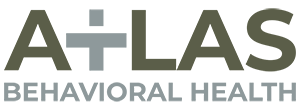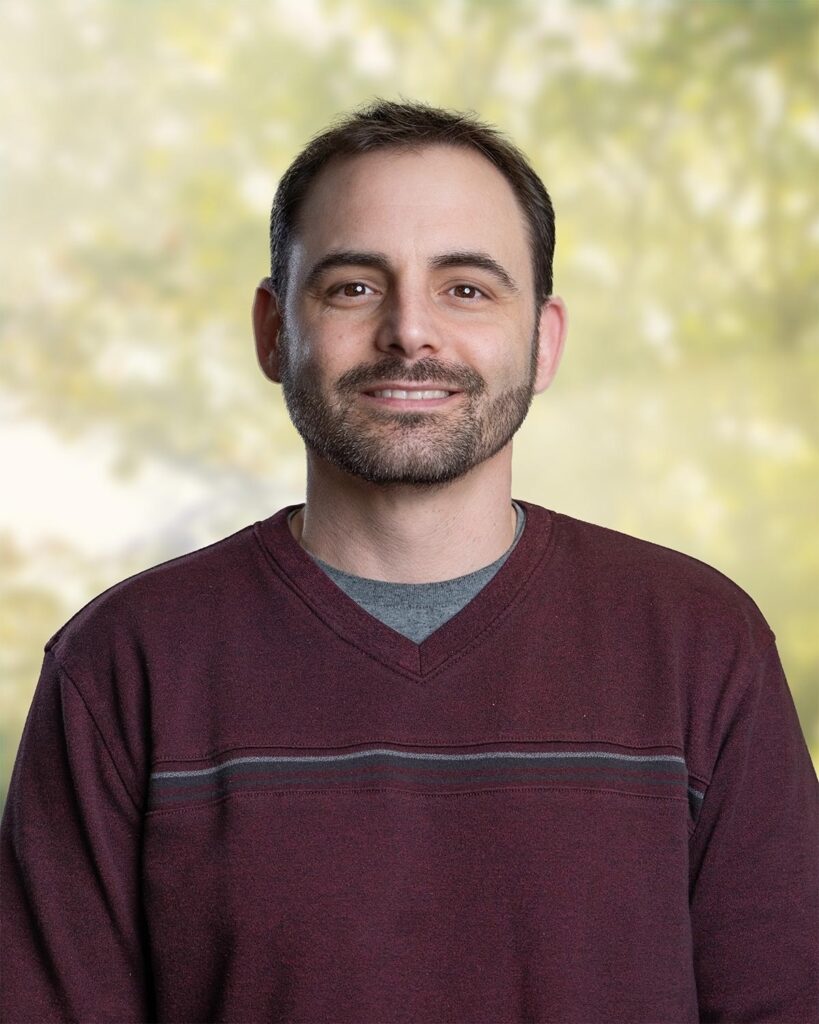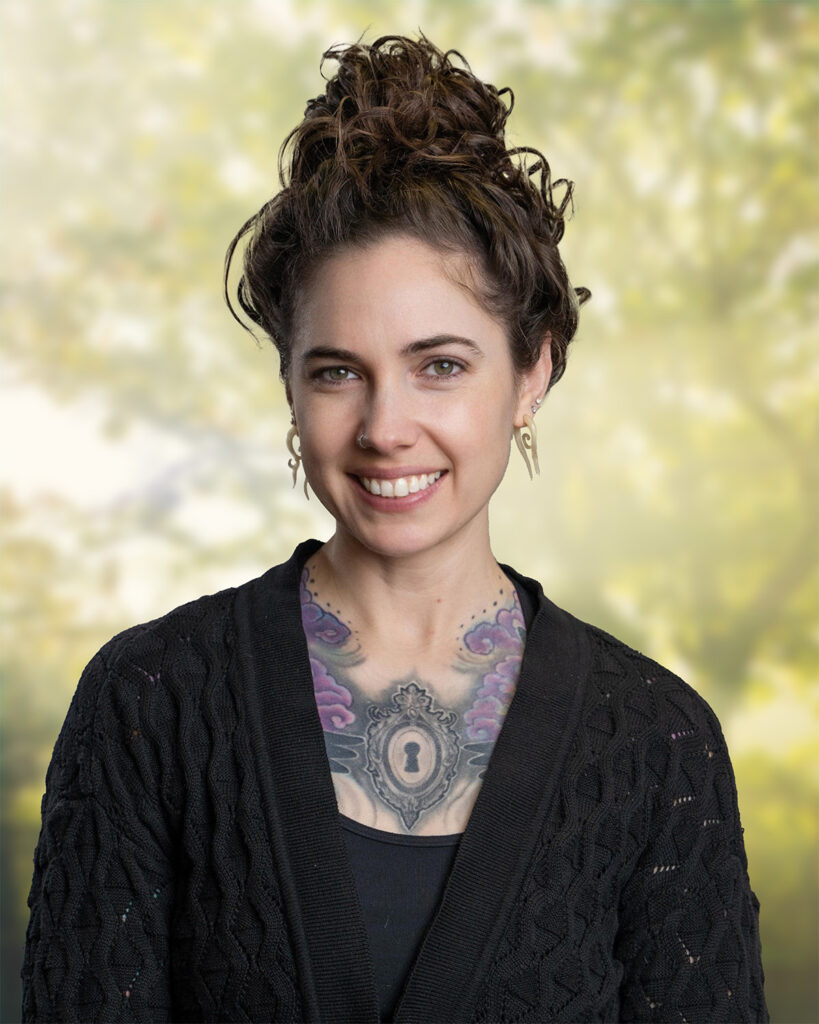Living with both mental health and substance use problems can be incredibly difficult. For LGBTQ+ individuals in Atlanta, these challenges can feel even more overwhelming. Societal pressures, stigma, and discrimination often make it harder to seek help and get the support they need.
However, it is important to know that there is hope. There are many resources available for those who are dealing with both mental health and substance use issues, also known as a dual diagnosis.
This blog will guide you to where you can find support and treatment that can help you overcome these struggles.
What is Dual Diagnosis?
Dual diagnosis happens when someone has both a mental health disorder and a substance use disorder at the same time. These conditions can make each other worse. For example, someone with depression might turn to alcohol or drugs to feel better, but this can actually make the depression worse.
The best way to treat dual diagnosis is to address both problems at the same time. If only one is treated, it can lead to relapse or make the other problem worse.
In Atlanta, there are programs that focus on treating both addiction and mental health issues together, which can help people recover more successfully.
Why LGBTQ+ Individuals Are More Likely to Have Dual Diagnosis
LGBTQ+ individuals face unique challenges that can lead to mental health issues. Discrimination, rejection, and stigma are common experiences that can cause depression, anxiety, and other mental health conditions. Many LGBTQ+ people also feel isolated, especially when they don’t feel accepted by family or society.
To cope with these struggles, some people turn to alcohol, drugs, or other substances. Unfortunately, this can lead to addiction and create a cycle where mental health and substance use problems make each other worse. For LGBTQ+ individuals, these struggles are often made even harder by past trauma, bullying, or violence.
Dual diagnosis is common for LGBTQ+ people, but with the right support and care, it can be treated.
How to Find Help for Dual Diagnosis in Atlanta
If you are an LGBTQ+ individual in Atlanta facing dual diagnosis, there is help available. Many treatment centers in the city offer programs that treat both mental health and substance use issues at the same time. These programs are designed to give you the care you need to recover.
The first step is to find a therapist, rehab center, or treatment program that understands the unique struggles of LGBTQ+ individuals. These professionals provide treatment that is inclusive and supportive.
There are also support groups where you can connect with others who understand your experiences. Peer support is very important for recovery because it helps you feel less alone and gives you encouragement from others who are going through similar challenges.
Dual Diagnosis Treatment in Atlanta: Specialized Care for You
In Atlanta, several programs specialize in treating both mental health and substance use disorders together. These programs offer individual therapy, group therapy, and psychiatric care to support your recovery.
Therapies like Cognitive Behavioral Therapy (CBT) and Dialectical Behavior Therapy (DBT) are often used. These treatments help you understand negative thinking patterns and learn new ways to cope with stress and emotions.
For those struggling with addiction, detox services are also available. Detox programs help people safely withdraw from substances while continuing to receive care for their mental health. This support ensures that the process is as safe and comfortable as possible, setting you up for long-term success in recovery.
LGBTQ+ Mental Health Support in Atlanta: Finding the Right Help
Your mental health matters, and it’s important to find the right support. LGBTQ+ individuals often face mental health challenges due to discrimination, rejection, and internalized stigma. In Atlanta, there are many mental health services available that are designed specifically for LGBTQ+ people.
These services offer therapy, counseling, and support in a safe and welcoming environment. LGBTQ+ counselors are trained to understand the struggles of the LGBTQ+ community, so they can offer care that respects your identity. Therapy can help you work through difficult emotions and heal from past trauma.
By seeking out mental health support, you can better manage your mental health and begin your path to healing.
LGBTQ-Friendly Rehab Centers in Atlanta: A Safe Space for Healing
When you’re looking for rehab, it’s important to find a place that is LGBTQ-friendly. These rehab centers in Atlanta create safe, welcoming spaces where LGBTQ+ individuals can feel comfortable while they recover from both mental health and addiction issues.
LGBTQ-friendly rehab centers provide individual counseling, group therapy, and peer support. The staff at these centers are trained to understand the experiences of LGBTQ+ people, so you can receive care that is both respectful and effective.
These centers focus on creating an inclusive environment where you can heal and receive the support you need to overcome addiction and mental health struggles.
Dual Diagnosis Counseling in Atlanta: A Path to Healing
Dual diagnosis counseling is key to overcoming both mental health and substance use issues. In Atlanta, there are many counselors who specialize in dual diagnosis treatment. These professionals can help you work through both your addiction and mental health challenges.
Counseling often includes therapies such as Cognitive Behavioral Therapy (CBT) or Dialectical Behavior Therapy (DBT), which are designed to help you understand and manage your mental health and addiction. A counselor who understands the challenges of being LGBTQ+ can make your recovery journey easier and more effective.
Dual diagnosis counseling helps you break free from the cycle of addiction and mental health issues. It gives you the tools to cope with stress in healthier ways and manage both conditions at the same time.
Support Groups in Atlanta: Building a Stronger Community
LGBTQ+ support groups in Atlanta offer a valuable opportunity for people in recovery to connect with others who understand what they’re going through. These groups provide a safe space to share your experiences, receive emotional support, and build a sense of community.
In a support group, you’ll meet others who are facing similar struggles. Sharing your journey and hearing others’ stories can help reduce feelings of isolation and give you the strength to continue. Peer support plays a vital role in recovery, giving you the motivation and encouragement you need to stay on track.
Support groups can also help you stay accountable, which is an important part of the recovery process.
Why Dual Diagnosis Treatment is Crucial for LGBTQ+ Individuals
Dual diagnosis treatment is particularly important for LGBTQ+ individuals. The challenges of managing both mental health issues and addiction are often made worse by the unique struggles that come with being LGBTQ+. These struggles can include discrimination, stigma, and rejection, all of which can worsen mental health and addiction.
Treating both mental health and addiction at the same time is crucial for LGBTQ+ individuals. Specialized programs in Atlanta offer the care needed to address both issues together, giving you the best chance of recovery.
By treating both aspects of dual diagnosis, these programs help improve your overall well-being and increase the chances of a successful recovery.
Start Your Recovery Journey Today
If you are an LGBTQ+ individual in Atlanta dealing with dual diagnosis, help is available. There are many resources in the city, including LGBTQ-friendly rehab centers, dual diagnosis counselings, and support groups, that can help you heal.
Taking the first step toward treatment is often the hardest part, but it’s the most important. Don’t wait any longer, reach out for the help you deserve and start your recovery journey today.






